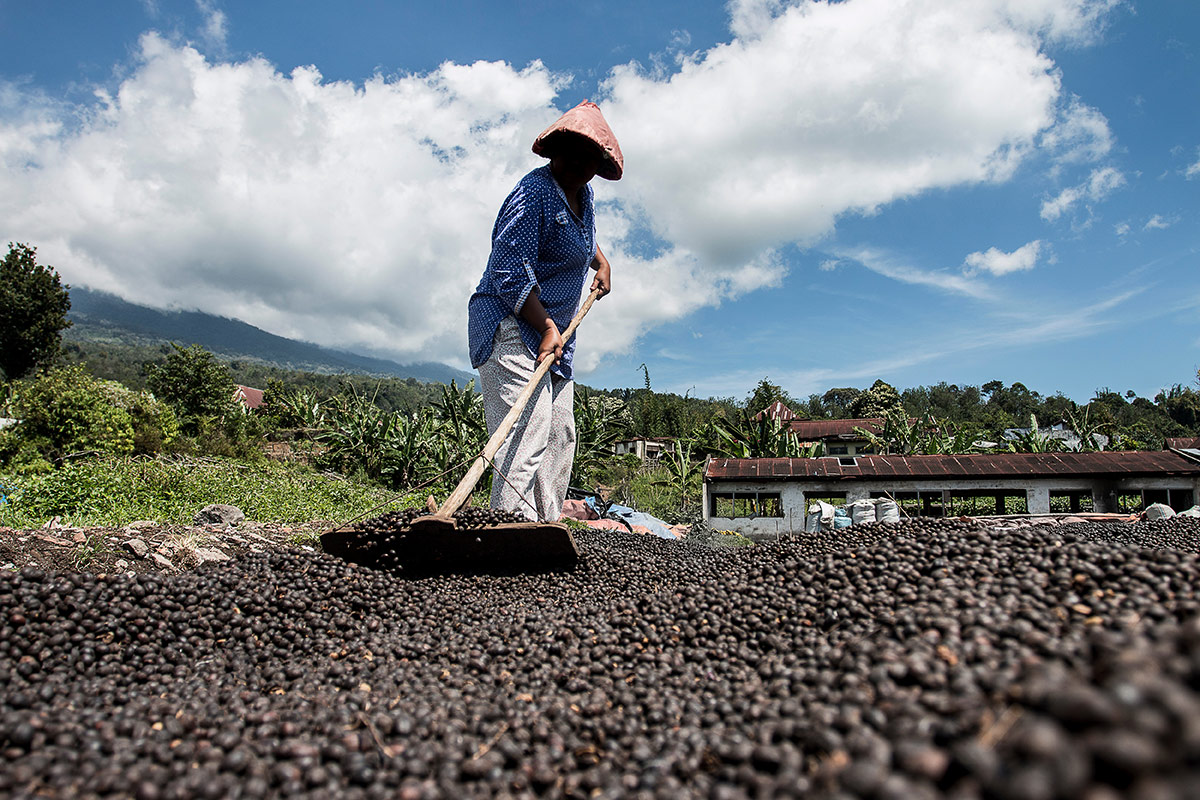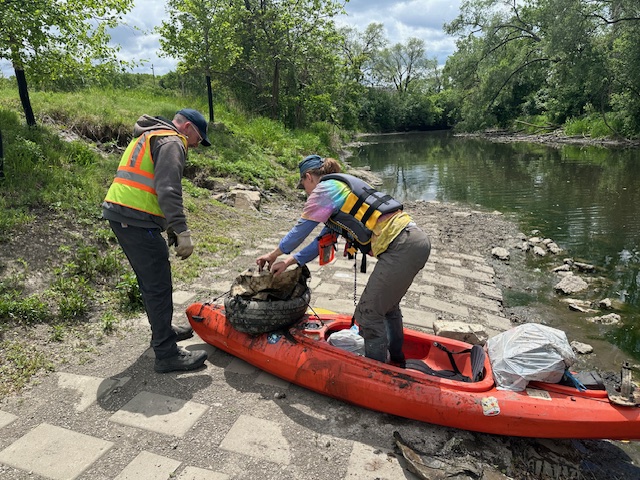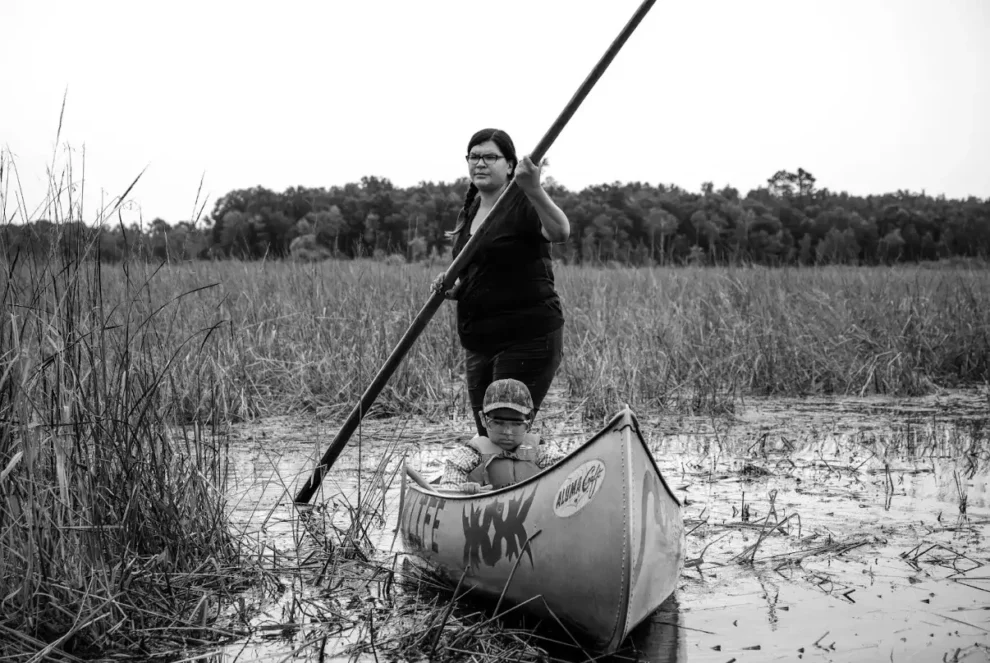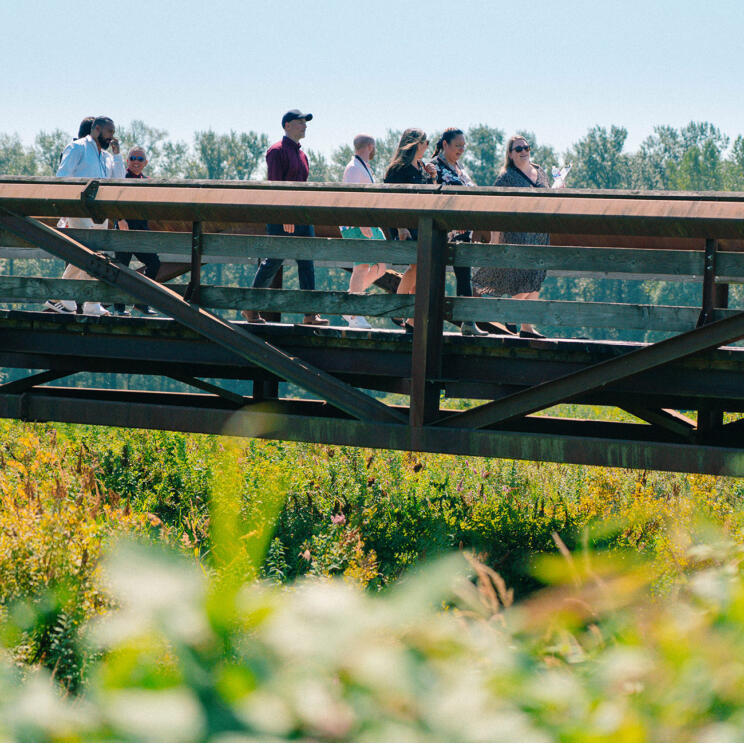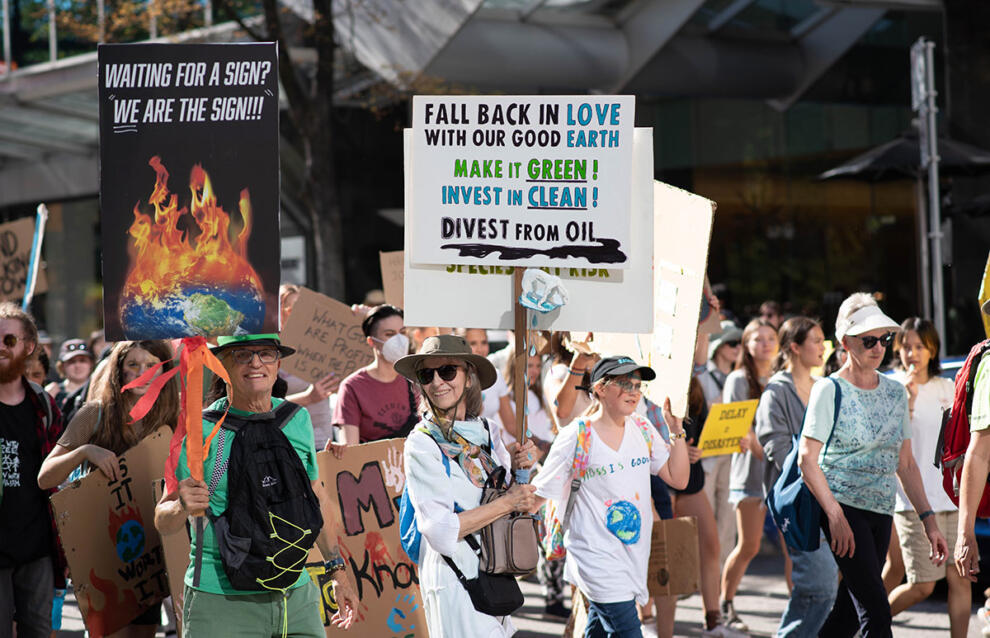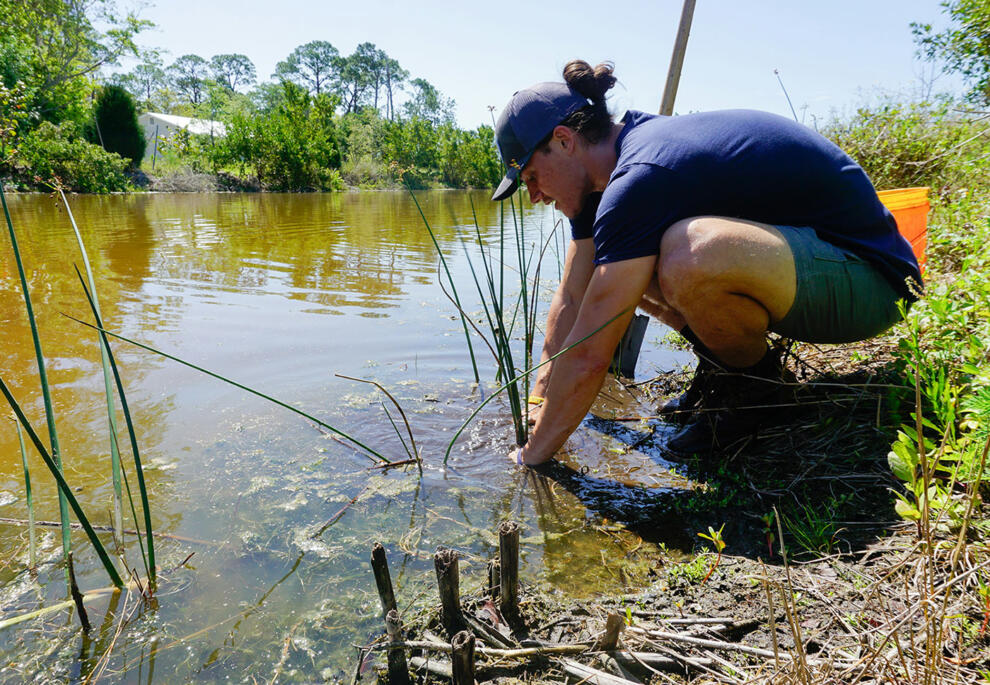Brewing Better: Questions to Ask your Morning Coffee
In a world where our morning cup of coffee is a necessary step to get the day going smoothly, the conversation around ethical coffee is brewing stronger than ever. As consumers, we’re more aware of the impact our java choices have on the world, from pods to beans to the mug we’re drinking from. Ethical coffee, with its focus on origins, sustainability, and quality, allows us to enjoy our favorite beverage with an informed approach. Grab a hot one and let’s explore what exactly makes coffee ethical, and why we should choose wisely before we enjoy our daily (or more) caffeine infusion.
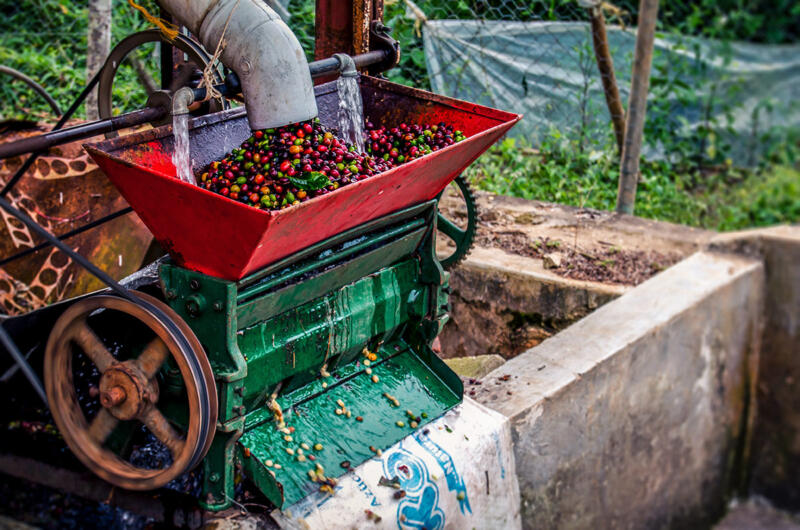
“It’s good to ask questions about everything that we consume and put in our body,” says Alina Gogoescu, founder of ecoBeans, a premium organic coffee company offering ethically sourced, artisan coffee in BPI certified compostable, single-serve pods. “There are many aspects of good coffee. Freshness, quality and taste are all important but sustainable solutions in coffee production and packaging hold a lot of impact. Locally sourced, ethically produced and packaged coffee makes a difference.”
What is ethical coffee anyways?
Truly ethical coffee involves a range of practices and certifications aimed at improving the social, economic, and environmental aspects of coffee production. Key elements include:
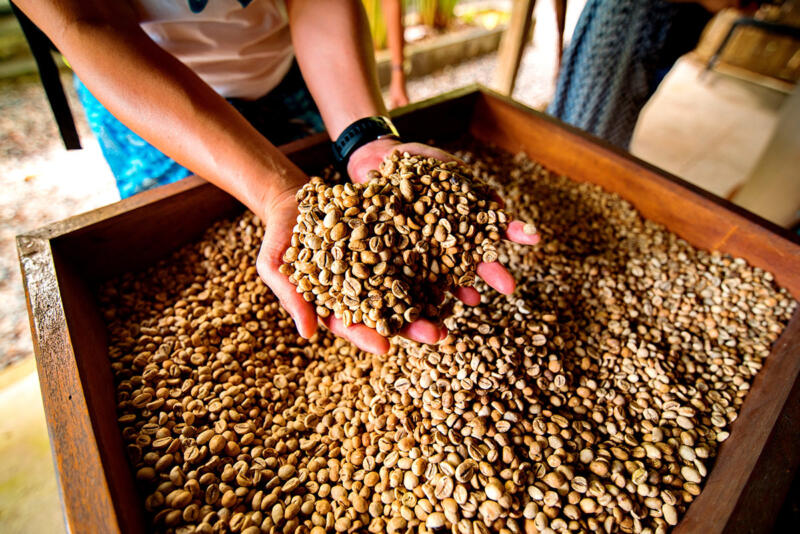
- Fair Trade: Fair Trade coffee ensures that farmers are paid a fair price for their beans, which helps them achieve a living wage and fosters community development. This system also emphasizes safe working conditions and prohibits child labor.
- Organic: Organic coffee is farmed without synthetic pesticides or fertilizers. This not only reduces harm to the environment but also promotes healthier soil and biodiversity. Organic farming practices can also be better for the health of farmworkers.
- Direct trade: This model involves coffee roasters buying directly from coffee growers, often bypassing agents. Direct trade can result in higher profits for farmers and a stronger relationship between growers and buyers. It also allows roasters to ensure quality and transparency in the supply chain.
- Shade-grown: Shade-grown coffee is cultivated under the canopy of trees, which helps preserve natural habitats, supports biodiversity, and reduces the need for chemicals. It’s also beneficial for coffee plants, which thrive in a more natural, shaded environment.
- Packaging: Ethical coffee goes beyond the bean. Sustainable packaging practices, such as recyclable or compostable materials, reduce the environmental footprint of your coffee consumption.
Choosing your beans
Whether in the grocery store or your local café, you can learn a lot about your coffee by reading the package and asking your barista.
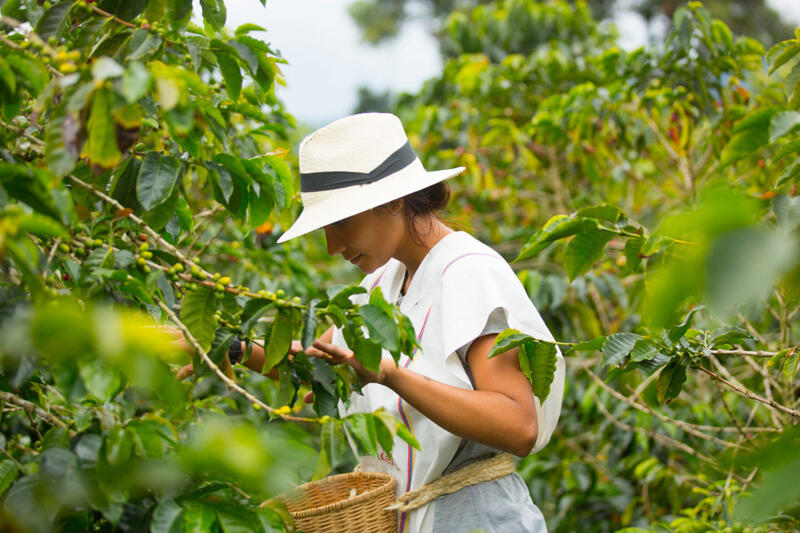
- Certifications: Certifications like Fair Trade, Rainforest Alliance, and USDA Organic are good indicators of ethical practices. These labels provide assurance that the coffee meets specific standards related to social and environmental responsibility.
- Know the brand: Good coffee companies are committed to ethical practices. Look for brands that provide transparency about their sourcing, farmer partners and production methods. When you ask questions, a responsible brand will be happy to answer.
- Support local: Many local roasters prioritize ethical sourcing and sustainable practices. Supporting these businesses helps ensure that your coffee dollars contribute to positive change on a more personal level.
- Sustainability: Look for fully recyclable, compostable or sustainable packaging. Use your coffee grounds or compostable pods in your own organic waste.
Inspire change with your cuppa

As we sip our coffee each morning, it’s worth considering the impact of our java choice. Ethical coffee represents a commitment to better practices that benefit the environment, the farmers, and the end consumer. Ethical coffee often results in higher quality, better tasting brews. By focusing on direct trade and sustainable practices, coffee producers and roasters can offer a superior product.
“My whole mission with ecoBeans is to inspire change with the power of coffee,” continues Gogoescu. “That change can be with anything that you want to do in your day-to-day to make your life better. Every day offers fresh coffee and a new opportunity.”
When you choose ethical coffee, you’re using your dollars to align with your values. Supporting businesses committed to positive change encourages others to adopt ethical practices. Every cup can be a step towards a more equitable global economy.
But first, coffee.
